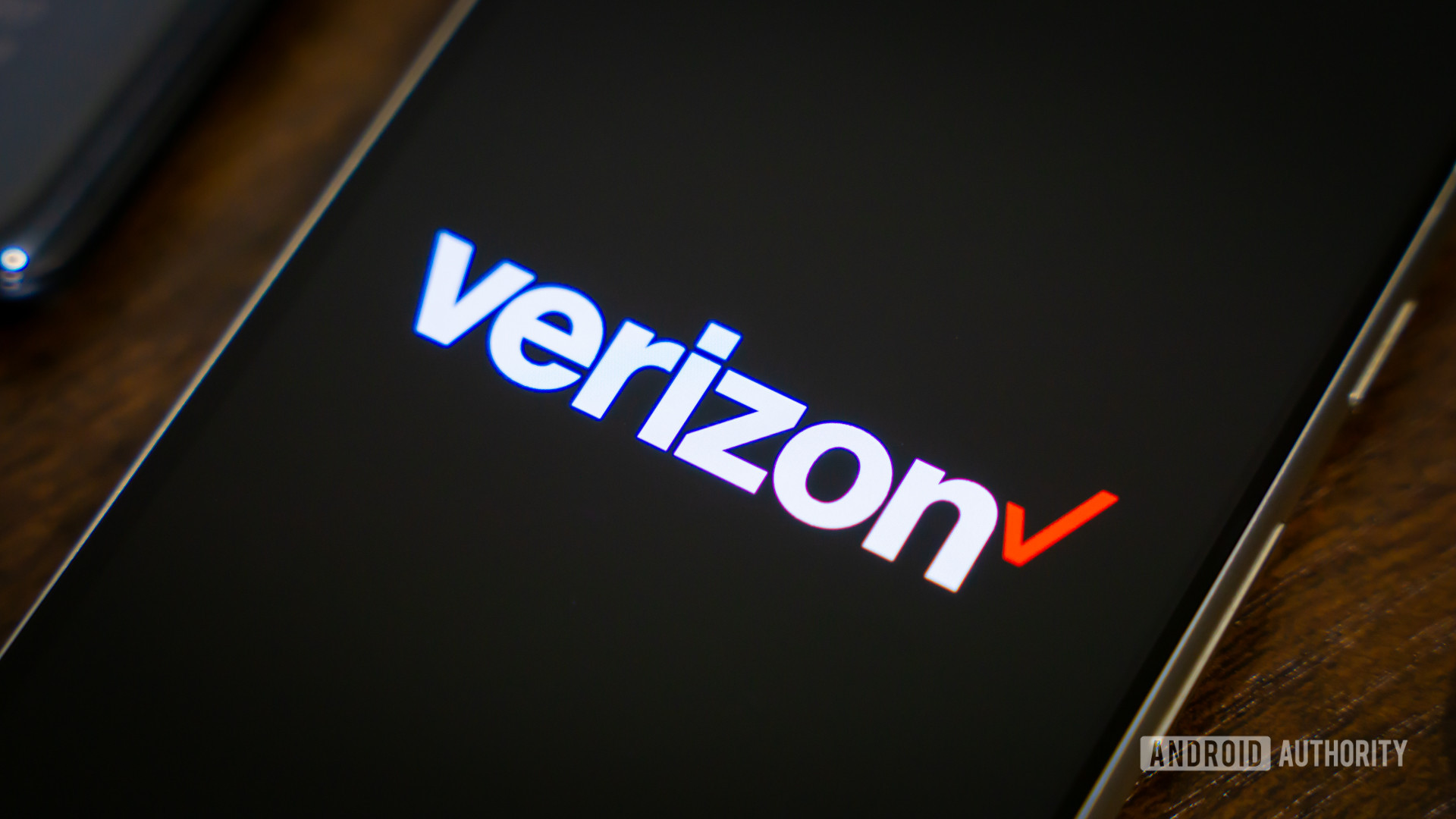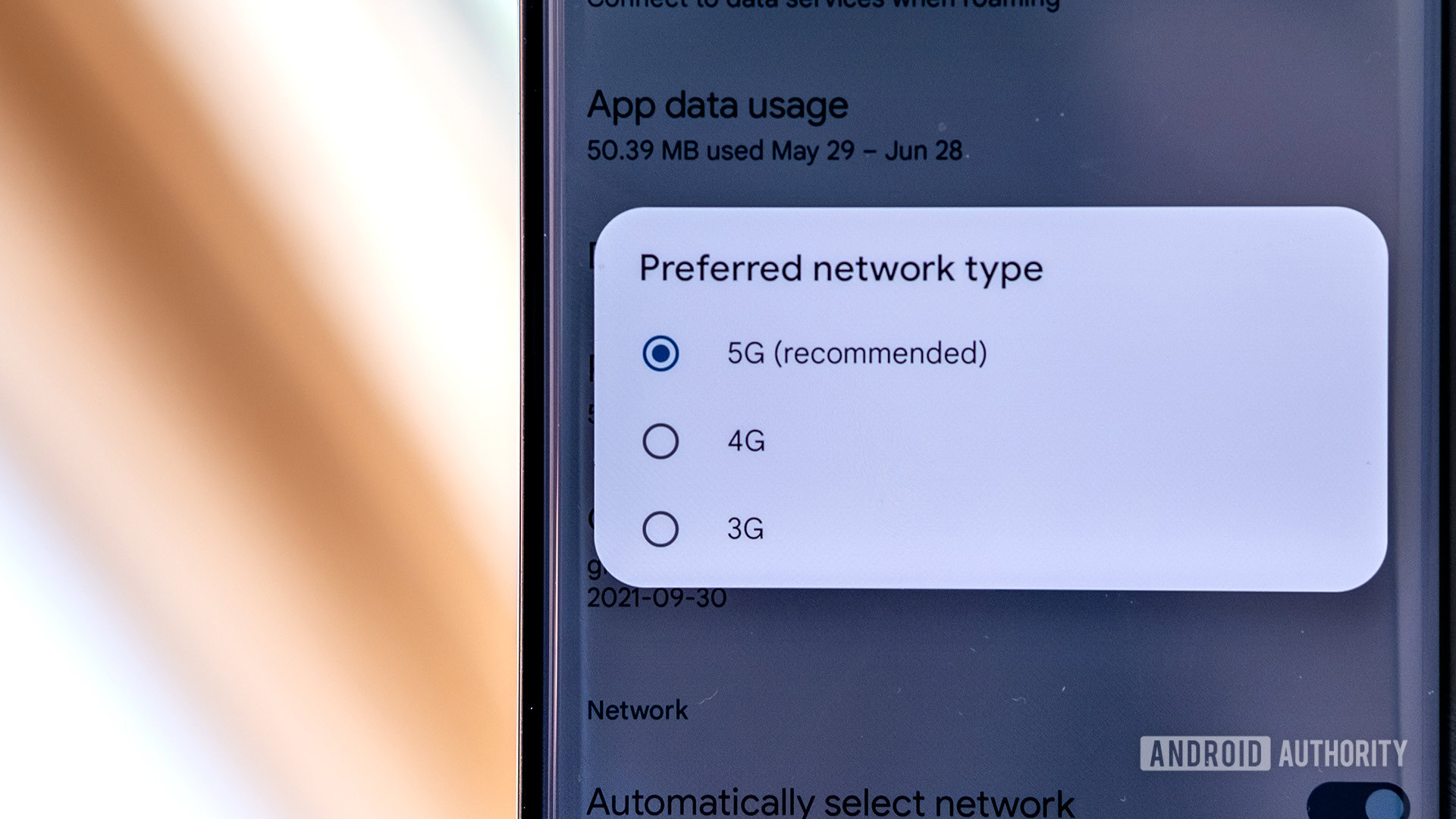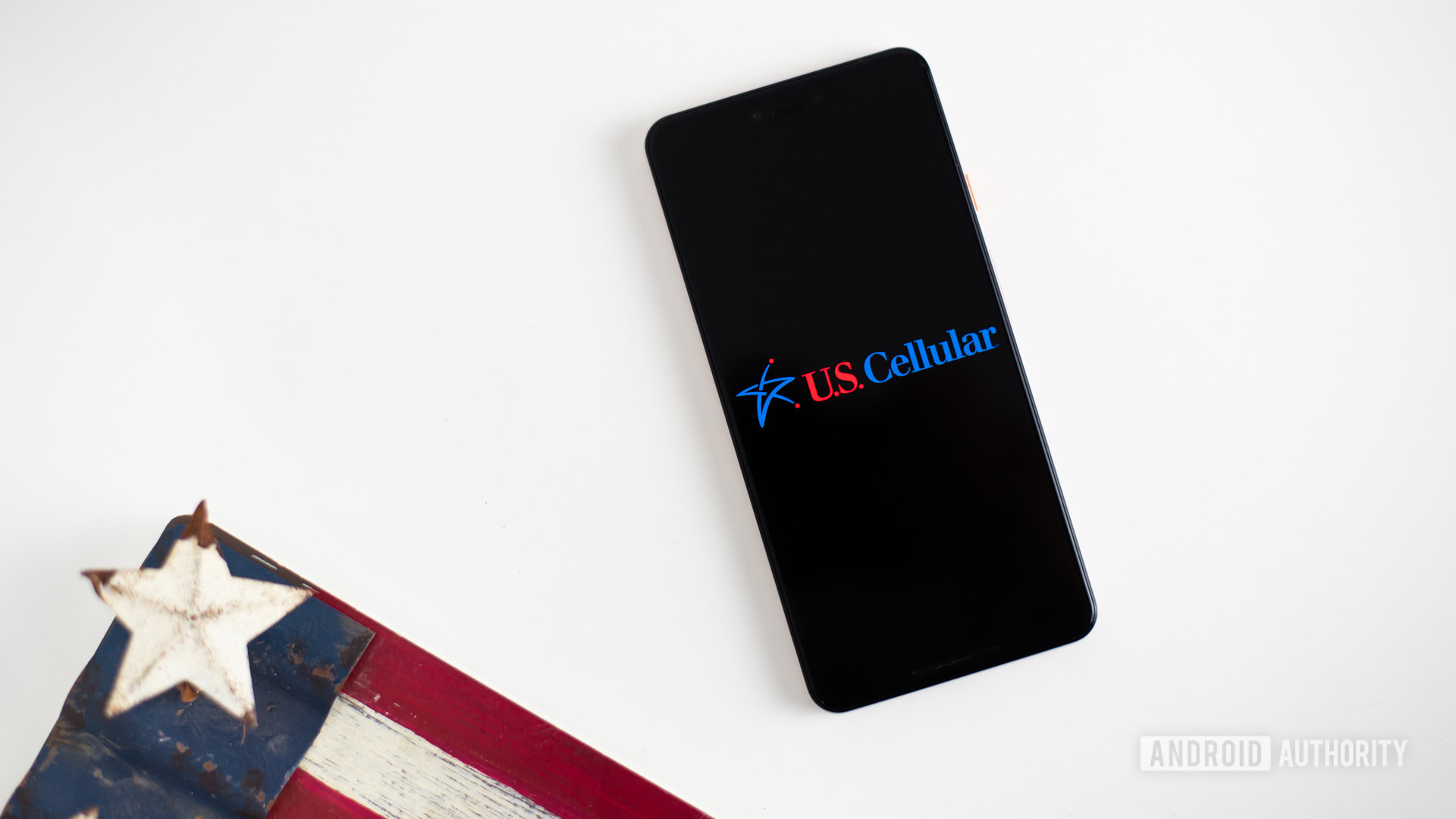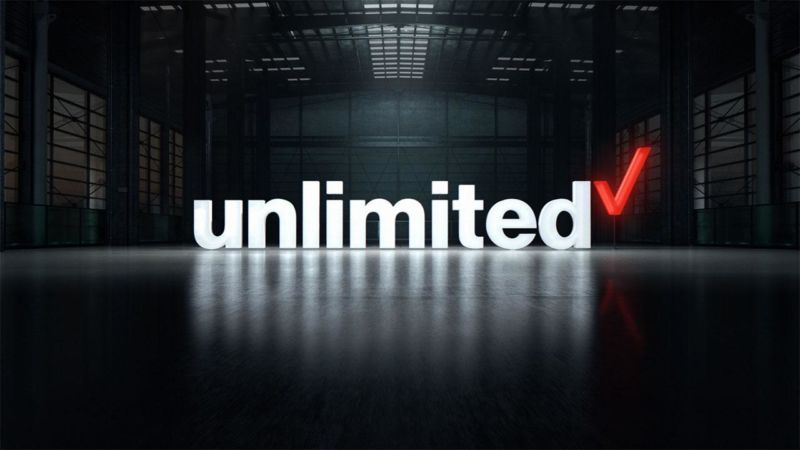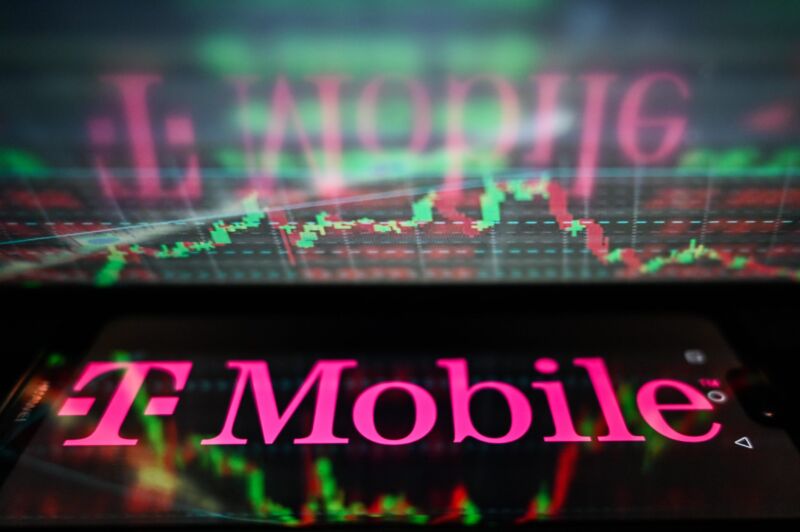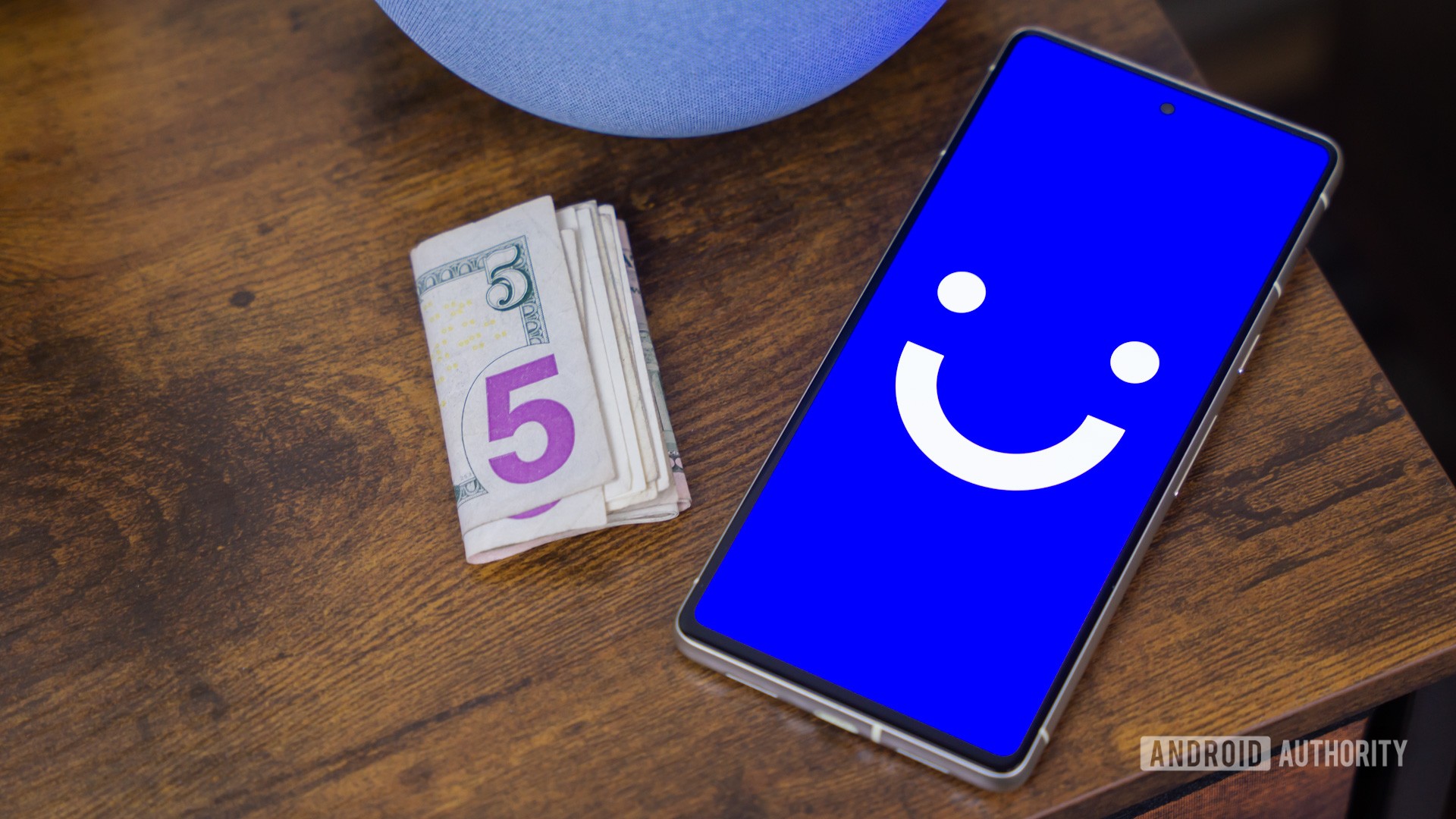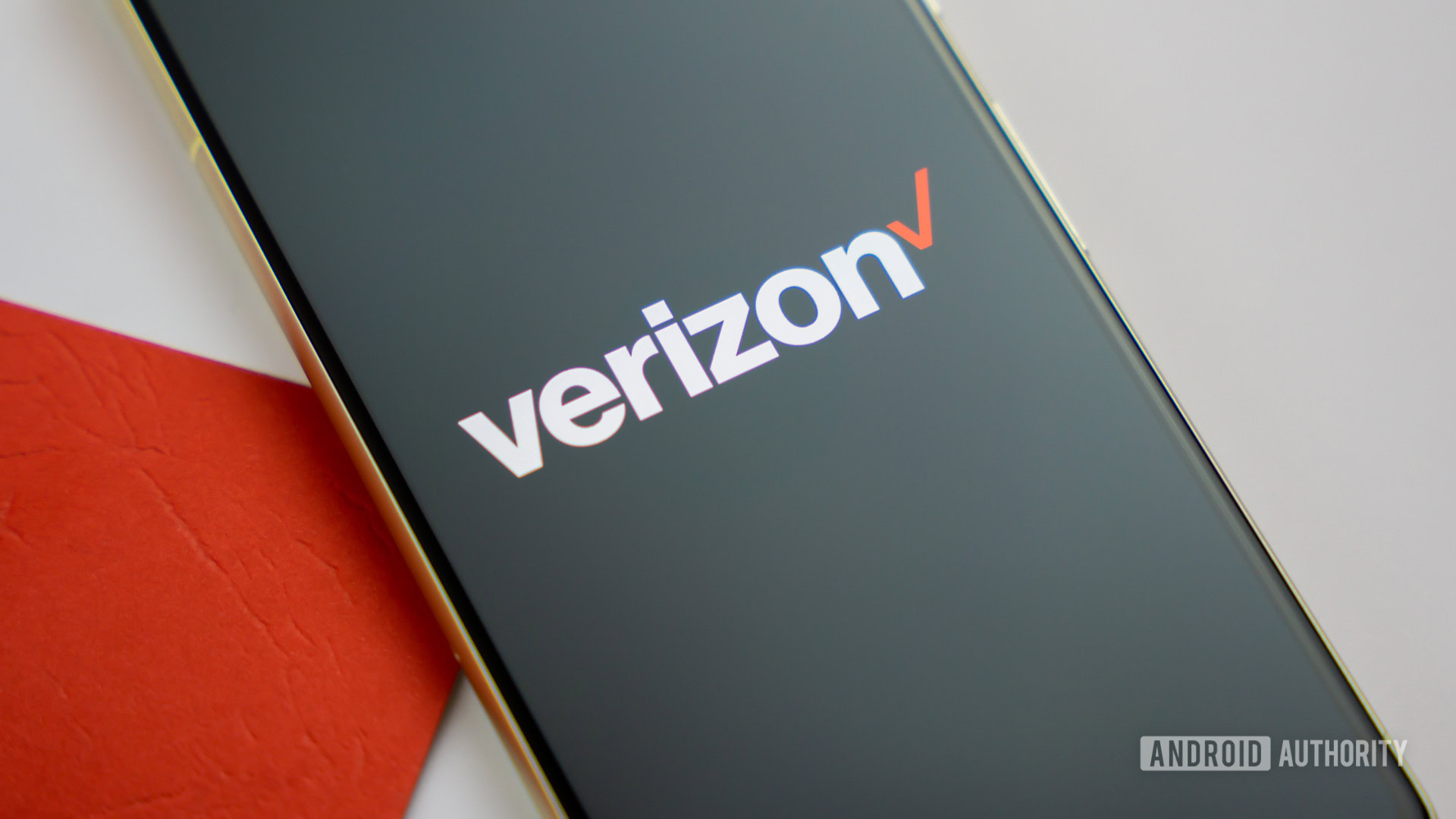
Credit: Edgar Cervantes / Android Authority
We’ve all been there: You found a phone plan that you’re reasonably happy with, and then suddenly your carrier changes it all up with new offerings. The good news is that carriers typically don’t force consumers to change phone plans every time they update their options. There are a few reasons for this. The most obvious reason is customer retention. A carrier would rather you stay with an older plan than jump ship entirely. There are also legal reasons why your older plan may be protected.
Unfortunately, in the current economy, carriers are doing whatever they can to encourage users to move to another 5G plan. In this guide, we explain what a grandfathered phone plan is and how each carrier currently handles its legacy plans. Beyond this, we’ll also take a look at which carrier does the best job here and if there are any worthwhile alternatives to explore.
What is a grandfathered cell phone plan?
The concept of grandfathering traces its roots back to post-Civil War America, where many lawmakers enacted voting restrictions on former Confederates. However, exceptions were made for those whose grandfathers had full voting rights before the war. Upon further investigation, I found that while there are legal arguments for the concept of grandfathering in the United States, it’s not necessarily endorsed by the FTC or any other government body.
There are provisions in place to prevent a company from abruptly altering any agreed-upon promises made to a consumer. This is precisely why carriers require you to sign their terms of agreement. This legal document not only details what the plan offers but typically includes a clause stating that the carrier can modify terms on legacy plans no longer offered by the company. The exact wording, of course, may vary.
The bottom line is carriers aren’t legally obligated to keep legacy plans the same as they were when you signed up, as long as the terms and conditions clearly state the carrier has the right to make changes over time. That said, making frequent changes to plans could potentially anger consumers and might even lead to class-action lawsuits for bad business practices.
Ultimately, grandfathered plans allow carriers to provide you with time to adjust, but you shouldn’t assume that you will always have access to these legacy plans without modifications, such as price increases or changes to the network, including the phasing out of older technologies like 3G. This is precisely what we’re observing from carriers now, as they increase prices or attempt to move consumers to newer plans without their express consent. Let’s take a closer look at how each carrier is currently managing its legacy unlimited phone plans.
Verizon

Credit: Edgar Cervantes / Android Authority
Verizon won’t force you to change your grandfathered phone plan anytime soon, but it clearly wants to encourage you to switch voluntarily by driving up the prices. Historically, Verizon has raised grandfathered pricing before, though it is usually a rare move. Not so much anymore. In 2023 alone, Verizon increased the pricing of legacy plans twice: first, by adding a $2 per month ‘Plan Rate Adjustment’ fee to older plans in June, and then again with a $3 to $5 increase, depending on the plan, in August.
Unsurprisingly, legacy Verizon subscribers did not take well to the price hikes. To make matters worse, Verizon revealed in early 2024 that it wasn’t done raising prices yet. Starting March 1, 2024, customers on select older unlimited mobile plans will see an increase of $4 per line.
Are Verizon legacy plans still worth it over the current tier?
Are these grandfathered plans still worth keeping in 2024? It depends on the specific legacy plan in question.
Currently, when signing up for a new Verizon plan, you can choose from three different MyPlan options, with prices ranging from $65 to $90 per line. Discounts are available for multi-user accounts. These plans offer similar access to LTE and 5G networks as the legacy More plans, but they include virtually no perks. However, you have the option to purchase perks, often bundled, for $10 each. The bundles include Disney Plus, Hulu, ESPN+, Netflix/Max, an Apple One perk, and many more. You can learn more about the perks and plans in our Verizon plans guide.
Considering the vast array of legacy plans, and given that most Verizon legacy subscribers are on an older More plan, let’s compare the most basic and most expensive MyPlan options to their similar legacy counterparts. Please note that the pricing for the legacy plans reflects the upcoming March increase:
| Start Unlimited (After March 2024) | myPlan Unlimited Welcome | myPlan Unlimited Ultimate | Get More Unlimited |
| Price per line | $79 for one line
$69 for two lines
$54 for three lines
$44 for four lines
$39 for five lines | $65 for one line
$55 for two lines
$40 for three lines
$30 for four lines | $90 for one line
$80 for two lines
$65 for three lines
$55 for four lines | $111 for one line
$91 for two lines
$76 for three lines
$66 for four lines
$61 for five lines |
| Data | Unlimited 4G LTE
5G Nationwide | Unlimited 4G LTE
5G Nationwide/UWB | Unlimited 4G LTE
5G Nationwide
5G wideband
60GB total premium data
| Unlimited 4G LTE with 75GB premium data
Truly unlimited 5G |
| Hotspot | Unlimited | None | 60GB 5G/LTE | 30GB 4G LTE hotspot
Unlimited 5G UWB |
| International benefits | Talk and text in Canada, Texting in over 200 countries | Talk and text in Canada, Texting in over 200 countries | Talk & Text in Mexico and Canada
Texting in over 200 countries
10GB high-speed international data | Talk & Text in Mexico and Canada
Texting in over 200 countries
Apple Music
|
| Perks | None included | None included, can add for $10 each | None included, can add for $10 each | Disney/Hulu bundle
Google Play Pass
Apple Music
Travel Pass (1 per month)
600GB Verizon Cloud data |
The Start Unlimited plan had few perks, making its increased price of $79 per line difficult to justify, especially when the Unlimited Welcome plan is only $65 per line. However, opting for the newer plan would mean losing out on hotspot access, though you can add 100GB for just $10. Therefore, if you’re on an entry-level plan, the price hike might mean you’d be better off switching to something newer. The situation is quite different for Verizon’s higher-end plans.
MyPlan Unlimited Welcome starts at $90 per line, compared to $111 for the Get More Unlimited plan, but the latter includes numerous extras, such as the Hulu/Disney Bundle, Google Play Pass, Apple Music, one Travel Pass each month, and 600GB of Verizon Cloud data. The My Plan option doesn’t include any perks by default, but you can pile up the equivalent perks for an additional $50 a month, increasing the price to between $140 and $102 per line. Despite these increases, the older legacy plan remains considerably cheaper overall and is the better option, even though the newer plan may offer better promotional deals when it’s time to upgrade your device.
AT&T

Credit: Edgar Cervantes / Android Authority
Just like Verizon, AT&T won’t force you to change your plan but it isn’t above raising the price. AT&T increased its legacy plans back in August of 2023. The exact increase varied significantly depending on the legacy plan. Despite a lot of digging around, it was hard to get exact numbers for every legacy plan but it looks like most of them increased by at least $5-10 in 2023.
Specifically, hotspot/laptop users on the Unlimited Plus, Choice, and Choice II plans were targeted with a $10 per month increase. The original Unlimited Elite plan also experienced an increase of $2.50 per month per line. Beyond these, many other plans saw increases, although it’s more difficult to determine the exact amounts.
Unfortunately, AT&T isn’t stopping there with its price hikes. It recently announced plans to raise the cost of grandfathered phone plans by as much as $12 for family plans and $6 for single-line users. This latest increase will apply to all legacy plans, including those that already saw increases last year.
Are AT&T legacy plans still worth it over the current tier?
For those with a mobile hotspot or laptop connected to an older Unlimited Choice plan, this plan remains hard to beat even with increases of $10 or more per month. However, justifying it might become more challenging with the next round of price increases. Still, you benefit from truly unlimited data on the go, which is perfect for full-time RVers and those living in rural areas reliant on 4G for internet access. It’s important to note, though, that the original Choice plan was limited to 3Mbps speeds, making it a significantly better deal primarily for Choice II subscribers.
As for the rest of AT&T’s legacy plans, their value will depend on your specific needs and plan details. Since 2018, AT&T has offered three main plans, although their structure, pricing, and naming conventions have evolved. Currently, the cost ranges from $66 to $86 per line, with prices decreasing for family plans. Frankly, the original Starter plan offered a no-frills experience, and the new Starter SL isn’t much different—just a few dollars more expensive with a few minor changes. For most, there’s nothing particularly special about the older Starter plan, so it might not be worth keeping as price increases will lead to a similar overall experience.
For Elite users, the situation differs. Let’s take a closer look:
| AT&T Unlimited Premium PL | AT&T Unlimited Elite |
| Price per line | $85.99 for one line
$75.99 for two lines
$60.99 for three lines
$50.99 for four lines
$45.99 for five lines | $93.50 for one line
$83.50 for two lines
$66.50 for three lines
$55.50 for four lines |
| Data | Unlimited LTE and 5G | Unlimited LTE and 5G |
| Hotspot | 60GB hotspot access | 40GB hotspot access |
| International benefits | Unlimited talk, text, and high-speed data in 20 Latin American countries | Unlimited talk, text, and high-speed data in 20 Latin American countries |
| Perks | N/A | HBO Max |
As you can see in the chart, although Premium is technically cheaper even with price increases, the difference is not that substantial. The two plans are quite similar, but a significant distinction is that Premium offers much more hotspot data and eliminates Max. Let’s be honest, most of us don’t use nearly as much hotspot access, so we’re losing more than we’re gaining. If you’re currently using Max and wish to retain it, single-line subscribers will find themselves paying close to $106 per month in total if they switch to Premium. If Max isn’t a priority, then a newer plan might be a more suitable option.
T-Mobile

Credit: Edgar Cervantes / Android Authority
T-Mobile spent many years building up its image as the cool kid who breaks all the rules and cares for its customers, making its recent approach towards legacy customers all the more disappointing. Late last year, many T-Mobile customers voiced their outrage upon discovering that T-Mobile was preparing a limited test to automatically transition customers from older plans to newer ones. This affected not only older tiers like Select Choice and T-Mobile One but also relatively newer retired plans like Magenta. While T-Mobile made it clear that consumers could opt out, this assurance did little to mitigate the backlash. Eventually, T-Mobile retracted this plan.
Will T-Mobile raise its prices for legacy customers now that it knows its migration plan isn’t going to work? It’s a bit complicated, truth be told. During his tenure with T-Mobile, John Legere’s numerous promises complicate any rapid policy reversals. T-Mobile was likely aware of this and attempted to be sneaky here, but that clearly didn’t work either. Since then T-Mobile has announced that its Price Lock promise will no longer apply to new customers but legacy customers shouldn’t see any change.
Are T-Mobile legacy plans still worth it over the current tier?
Given that T-Mobile’s grandfathered plans have not seen any price increases, these plans are still the best option for most legacy customers. They are not only more affordable but also offer better perks than newer T-Mobile plans. It’s also worth noting these legacy T-Mobile plans are both cheaper and better than current and grandfathered plans on Verizon and AT&T.
Which of the big three carriers handles legacy plans the best?

Credit: Edgar Cervantes / Android Authority
None of the US carriers have done a great job with handling their legacy customers recently. T-Mobile’s initial plans to change customer plans without direct intervention came as an unwelcome surprise. Although it’s commendable that T-Mobile listened and reversed course, the situation still cast the carrier in a negative light. Meanwhile, Verizon and AT&T may not be overtly forcing their users onto more expensive plans, but the effect is essentially the same due to price increases.
Currently, T-Mobile manages its legacy plans the best, having not introduced steep increases like its competitors. However, this approach seems less about genuinely wanting to assist consumers and more about managing perception and optics.
If you’re contemplating switching carriers due to price hikes and are looking for a carrier that won’t unexpectedly raise rates or migrate you without consent, the decision is challenging. Of course, T-Mobile will likely continue its current course of avoiding price increases just so it doesn’t end up with a class-action lawsuit on its hands. Still, the same won’t apply to new customers going forward. Similarly, we can’t trust AT&T and Verizon won’t continue to push consumers to switch by progressively devaluing their old plans. For those seeking greater flexibility from their carrier, a prepaid option might be worth considering.
Why prepaid might be a better option for many US consumers

Credit: Edgar Cervantes / Android Authority
In America, we’re accustomed to obtaining service directly from network providers, but this isn’t necessarily the case elsewhere. In much of Europe, smaller MVNOs, typically offering prepaid services, are favored. Postpaid carrier plans are more commonly used for enterprise and business purposes in many European countries. MVNOs not only promote deeper competition and price reductions but also operate on the same networks as the larger carriers. If you’re tired of price hikes and are looking for an option that’s easier to switch when necessary, prepaid services are hard to beat.
While some MVNOs might offer a less-than-optimal experience due to congestion and throttling, other prepaid carriers, such as the Verizon-owned Visible and Google Fi Wireless, provide exceptional service that rivals that of the major carriers. For instance, Google Fi offers extremely competitive pricing, starting at just $20 per line for 6 lines, including data usage in Canada and Mexico, and 5GB of hotspot access. The Unlimited Plus Fi plan, at $40 per line for 6 lines, offers even more impressive perks than those currently available from US carriers, including calls from the US to over 50+ destinations, unlimited data in over 200 countries, 100GB of Google One storage, and even a full year of YouTube Premium for new subscribers. While throttling is a possibility, my years of experience with Google Fi have been largely trouble-free.
For more insights, check out our guide to the best prepaid phone plans to discover even more options.


